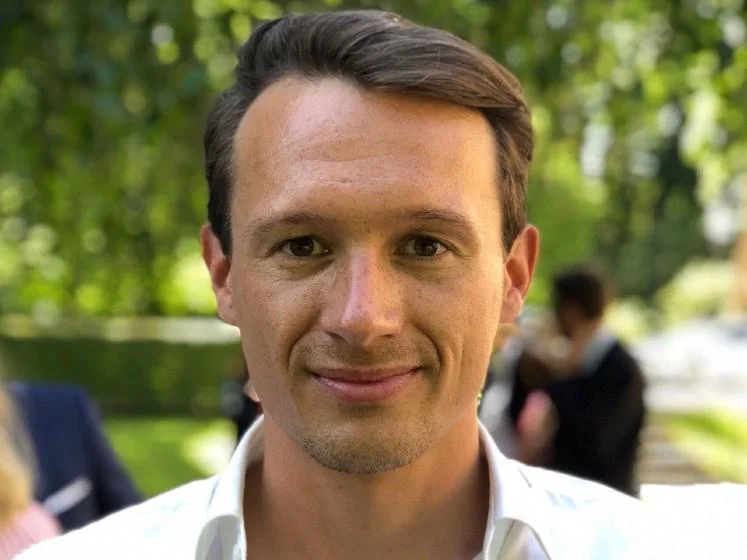Investigating industry and the environment, and how they intersect: Q&A with Gregor Singer
Gregor Singer is a Research Officer at the Grantham Research Institute
Read about Gregor's research, its impact, and what it's like to study at LSE
The best thing about LSE is its incredibly inspirational environment.

What are you currently researching?
My research is in economics, usually from an empirical angle using lots of data to try and estimate causal relationships. I am most interested in industry and environment, often at the intersection of these fields.
One aspect of my current research, for example, looks at how industries can become more efficient in their energy use through changes in electricity prices and how this differs by stages in industrial development. Another strand of my research analyses the impact of air pollution on influenza hospitalisations, and how influenza vaccines affect this relationship.
Why did you choose this area of study?
I have always been interested in using economics to address environmental challenges. Before starting my PhD at LSE, I worked on sustainable resource use in an international financial organisation and did an MSc in Environmental Economics.
There is still a lot of work and progress required ahead of us if we want to solve the big environmental challenges such as climate change or pollution. Using tools and frameworks from economics can help design better policies to achieve that.
How will your research have a wider impact on society? Can you give some real-world examples of the impact your research will have?
In most cases it is a whole body of scientific research that informs and affects policies and therefore impacts societies. Contributing to this body is how individual researchers can help improve society.
Our air pollution and influenza study, for example, shows that in seasons when influenza vaccines happen to be ineffective (or entirely new strains or airborne respiratory viruses such as Sars-Cov-2 come around), air quality control can be an important policy instrument to help curb severe cases.
Likewise, in polluted and crowded areas, as it is the case in many cities in the developing world, targeting vaccine take-up can be especially important.
What have been the highlights of your research work so far?
Research is usually a long process. The most visible highlight is when studies are eventually published. Personally, I often find the initial steps of research to be a highlight, when ideas are being developed and start to be tested with data.
What has been your biggest challenge so far?
I think one of the biggest challenges so far was the last year of my PhD. While it’s fantastic to see everything you worked for during your PhD come together, it’s also a very stressful time where you are simultaneously job hunting while writing up your PhD research and giving many presentations.
What advice would you give to prospective students on the most effective way to approach research and keep stress levels down?
Keep in mind to have fun. I am not just referring to extracurricular or non-academic activities, but have fun in the research process itself. While it can be tiring, remember that you are lucky to be able to study or do research in a subject of your choice, learning about topics you love.
While research or studying is certainly competitive, ultimately it’s something you should also enjoy so don’t let competition and pressure get too much in the way of your intrinsic appreciation and motivation for the subject.
Try to keep the feasibility of your research in mind. There is limited time for essays and dissertations, so keeping your focus on a specific angle is key.
In a few words, what is the best thing about studying at LSE?
The best thing about LSE is its incredibly inspirational environment. Your fellow students and academics come from many interesting backgrounds, are committed, intelligent, and intellectual. I feel lucky having been able to meet so many great colleagues and fellow students during my time as a student and academic staff.